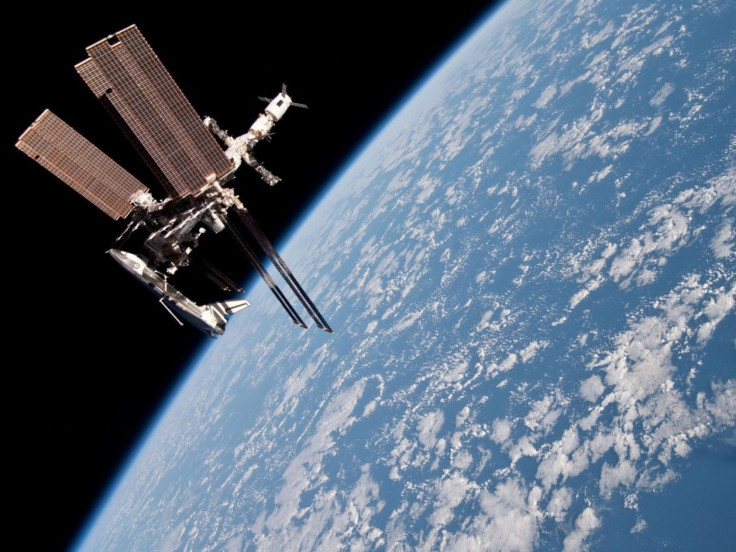Russia Identifies Cause of Launch Failure, Astronauts May Abandon Space Station

An unprecedented evacuation of the International Space Station could occur if Russian spacecraft do not return by November, a senior NASA official said.
There is a greater risk of losing the ISS when it's unmanned than if it were manned, ISS program manager Michael Suffredini said in a conference call. The risk increase is not insignificant, Suffredini added.
Russia has delayed its next manned mission to the International Space Station by at least a month after a cargo craft crashed and dropped its debris onto Siberia. According to Russia's spaceflight program, a delay longer than this will force the station's current residents to abandon the station due to scarce supply and fatigue.
The supply ship, Progress, was launched from Baikonur Cosmodrome in Kazakhstan Wednesday and ignited in the atmosphere. Luckily, the spacecraft was unmanned.
The cargo spacecraft Progress, which did not reach orbit, crashed on the territory of (Russia's) Altai republic, a local law enforcement source said according to Interfax.
BBC News reported that 2.9 tons of supplies aimed for the International Space Agency were lost in the accident.
NASA space station program manager Mike Suffredini said that flight controllers can run the station unmanned indefinitely from Earth. We prefer not to operate in that condition without crew on board for an extended period of time just to make sure we end up in that situation. But assuming the systems keep operating we can command the station from the ground and operate it on orbit indefinitely, Suffredini explained.
The ISS crew usually consists of six individuals who work in six-month rotations. Currently, three Russians, two Americans, and one Japanese individual are manning the station.
The International Space Station acts as a sort of catalyst for unity, bringing together Russian, U.S., Europeans, Japanese, and Canadian space agencies.
Russians Andrei Borisenko and Alexander Samokutyaev and NASA's Ron Garan arrived at the station in March in order to celebrate the 50th anniversary of the Yuri Gagarin's first mission. Gagarin was the first human being to arrive in outer space,
The failed launch was a catastrophic blow to Russians.
© Copyright IBTimes 2024. All rights reserved.




















